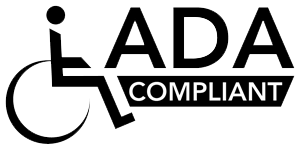Nutrition Basics: Proteins

Proteins are an important part of your bones, muscles, and skin. In fact, proteins are in every living cell in your body.
Proteins perform many functions, including:
• Building structures
• Breaking down toxins
• Act as enzymes, antibodies and hormones
Proteins are made up of building blocks called amino acids. Your body can make some amino acids but not others. Proteins that you get from meat and other animal products and some plant sources contain all the amino acids you need. These include both those your body can make and those it can’t. These are known as complete proteins.
However, there are also some proteins from plant products that don’t contain all the amino acids your body needs. These are known as incomplete proteins. Nevertheless, you can combine plant products to form a complete protein. For instance, eating rice with beans or peanut butter with bread will give you complete protein.
Good sources of protein include:
• Quinoa
• Amaranth
• Buckwheat
• Nuts
• Peanut butter
• Nut butters
• Seeds
• Beans
• Peas
• Lentils
• Soy products (tofu, tempeh, vegetarian burgers)
• Fish and shellfish
• Poultry
• Red meat (beef, pork, lamb)
• Eggs
• Milk
• Milk products (cheese, cottage cheese, yogurt)


